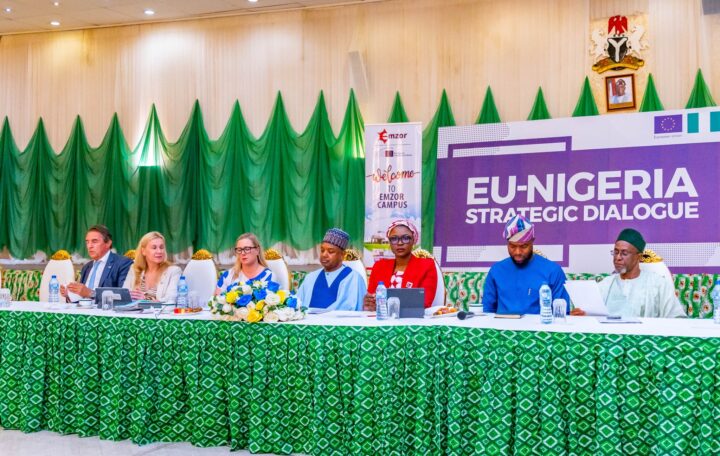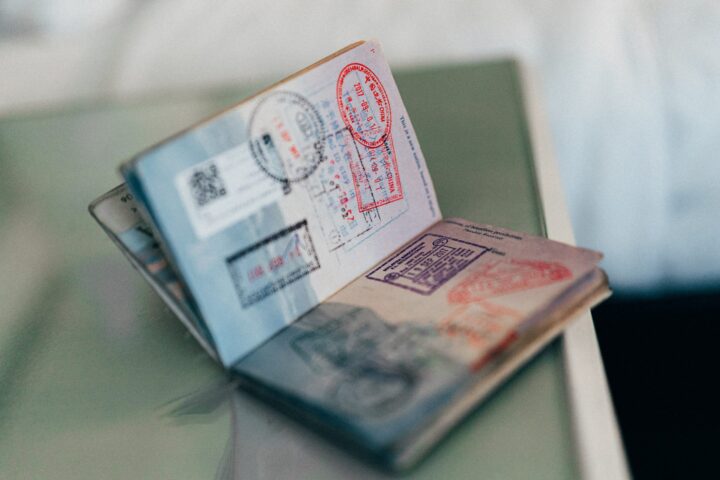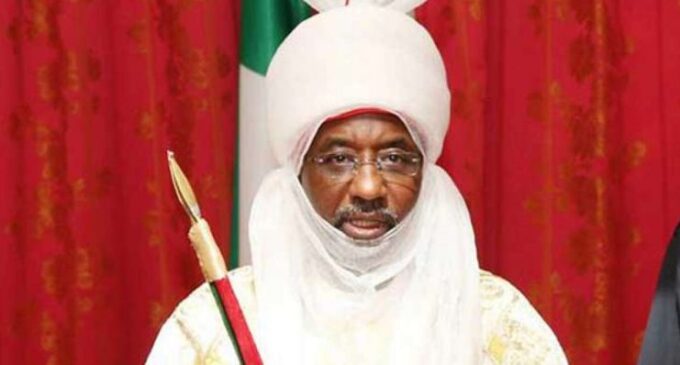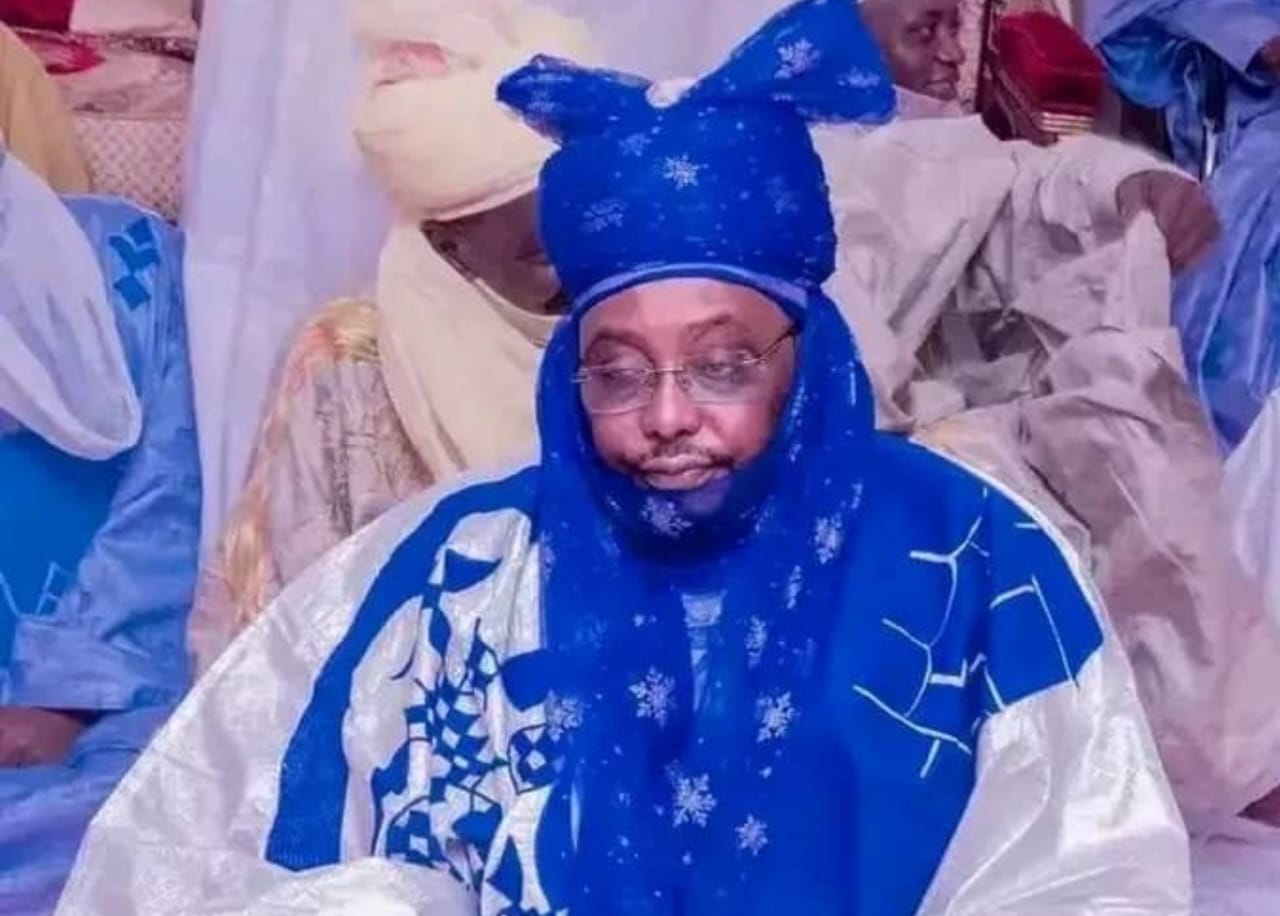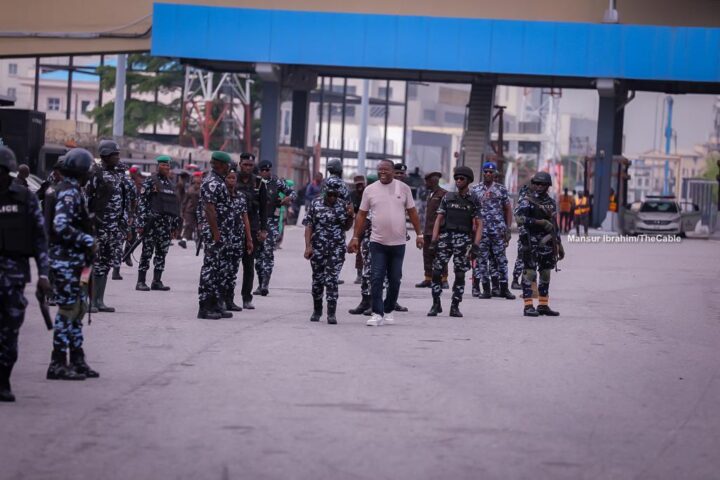The European Union (EU) says it will disburse £150 billion by 2027 through its global gateway initiative to enhance infrastructure in over eight sectors in Nigeria and other African countries.
Jutta Urpilainen, EU commissioner for international partnerships, spoke at the launch of the initiative in Abuja on Thursday.
Urpilainen said the global gateway initiative is crafted to enhance connectivity, promote sustainable development, and strengthen economic ties between the EU and its partner countries, including Nigeria.
She said through the initiative, the EU would support Nigeria to achieve enhanced infrastructure connectivity, including transport, energy, and digital networks; support agriculture, economic growth, health, and education.
Advertisement
“It will also promote sustainable development and environmental protection; and foster cooperation and partnerships with Nigeria and other partner countries,” she said.
“We are living in an increasingly fragmented world. The war that Russia started against Ukraine last year, the military takeover in Niger in July, and the escalation in the Israel-Palestine conflict, are just stark reminders of that.
“In such a world, the Global Gateway strategy is our positive offer to build resilient connections in the world through strategic partnerships to jointly address the challenges of our times from fighting climate change to improving health systems.
Advertisement
“Together, we intend to mobilise £300 billion in investments by the year 2027, and half of them for Africa; it is £150 billion by the year 2027; Nigeria features prominently in the Global Gateway investment package.”
MORE SUPPORT FOR 5G ROLLOUT, DIGITAL ECONOMY
Urpilainen also said the EU would support the 5G rollout in Nigeria, as part of its efforts to support the digital economy, noting that the region is working on a potential loan to support small and medium enterprises (SMEs) in the digital and print sectors.
She added that the EU has committed financial resources to support the energy sector, including the setting up of mini-grids and small hydropower plants for productive and public purposes.
Advertisement
“In 2022, we launched a digital economic package for Nigeria. With EU and European investment banks, investments worth £820 million, it is a lot of money,” Urpilainen said.
“We are already supporting the rollout of digital IDs nationwide, and mobile network expansion with MTN in Lagos and other states.
“We are also about to launch the construction of a line between Katsina and Daura twin lines, and we are proposing to reinforce the Nigeria-Benin interconnection of the framework of the West African power pole.
“The EU’s long-term commitment will see investments into the following sectors of the country: agriculture (€42,000,000), energy (€37,000,000), health (€45,000,000), digital (€55,000,000), education (€45,000,000), and social protection (€46,000,000).”
Advertisement
On his part, Bosun Tijani, minister of communication, innovation and digital economy, said the global gateway initiative, which intends to achieve a collective regional and global prosperity, was in full alignment with President Bola Ahmed Tinubu’s ‘Renewed Hope’ agenda.
Tijani said working with the EU allows Nigeria to leverage its structure and historical resources to do more for the world, specifically for Africa.
Advertisement
“For us in the ministry, our role takes on further significance as we have a portfolio that will be central to all we want to achieve under the Global Gateway programme,” the minister said.
He added that the investment of the Nigerian government was to provide opportunities for young people to participate in the global economy.
Advertisement
Add a comment
